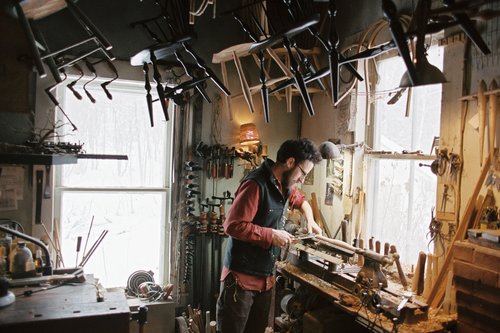
4 min read
Inside the Workshop: Sawyer Made
WLLW speaks with Vermont's Sawyer Made on blending traditional woodworking with craftsmanship in Windsor chairmaking.
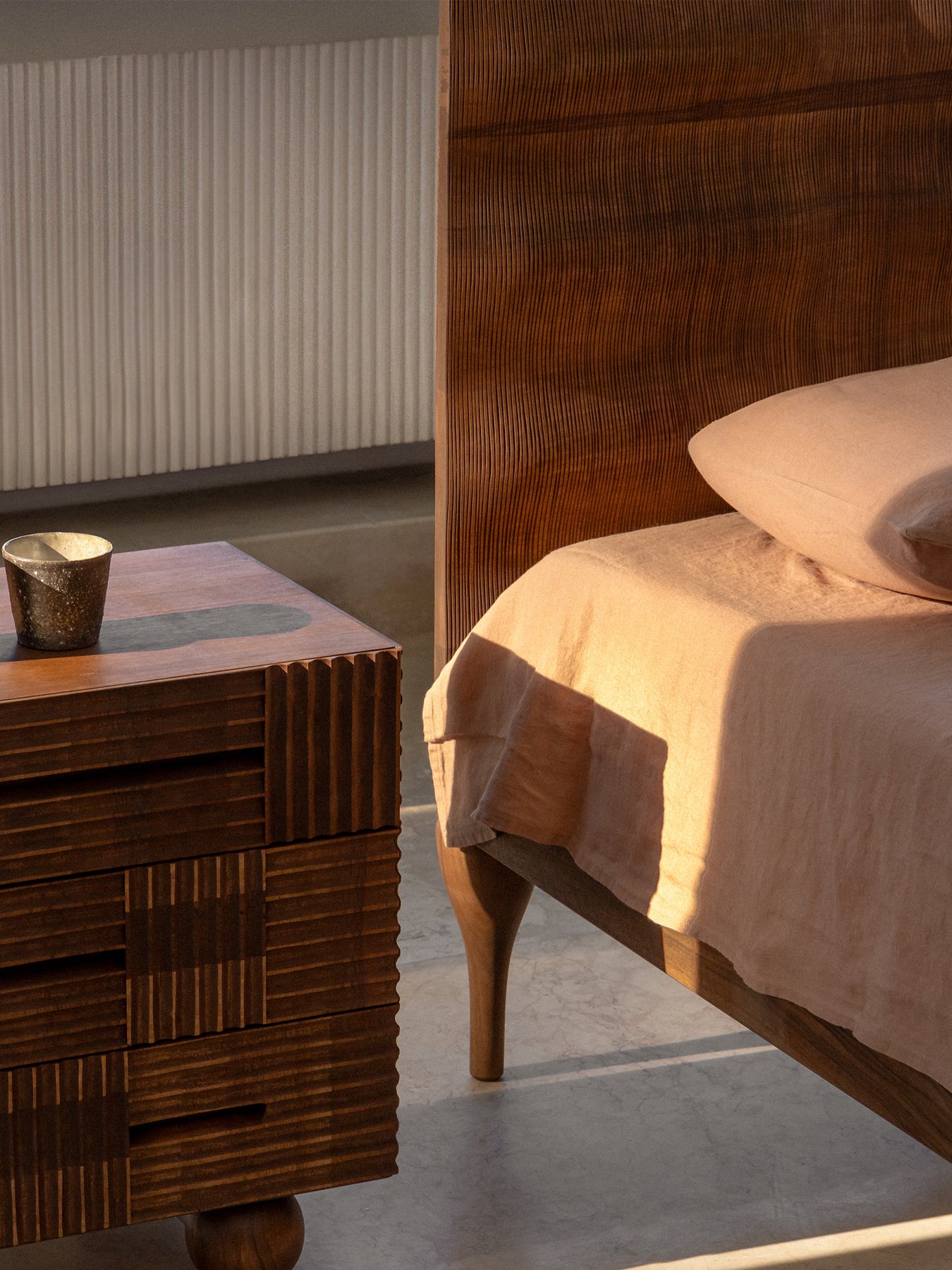
4 min read
By reviving Bosnia’s age-old woodcarving traditions, Zanat preserves cultural heritage through exquisite craftsmanship.
Konjic, a charming town in South Bosnia, is home to a woodcarving legacy that was nearly extinguished by the tumultuous events of the 20th century. However, brothers Adem and Orhan Nikšić managed to revive the area’s tradition, building on their family’s woodworking legacy and expertise through their company, Zanat.
It began at the end of the 19th century, when Gano Nikšić, their great-grandfather, learned the region’s woodcarving techniques. In 1919 his son established a thriving furniture and woodcarving workshop in Konjic producing hand-carved furniture and decorative objects from oak and maple, which grow locally in abundance. However, the upheavals of the two world wars and the advent of socialism forced most businesses to close, but the Nikšić family tentatively held on to their legacy.
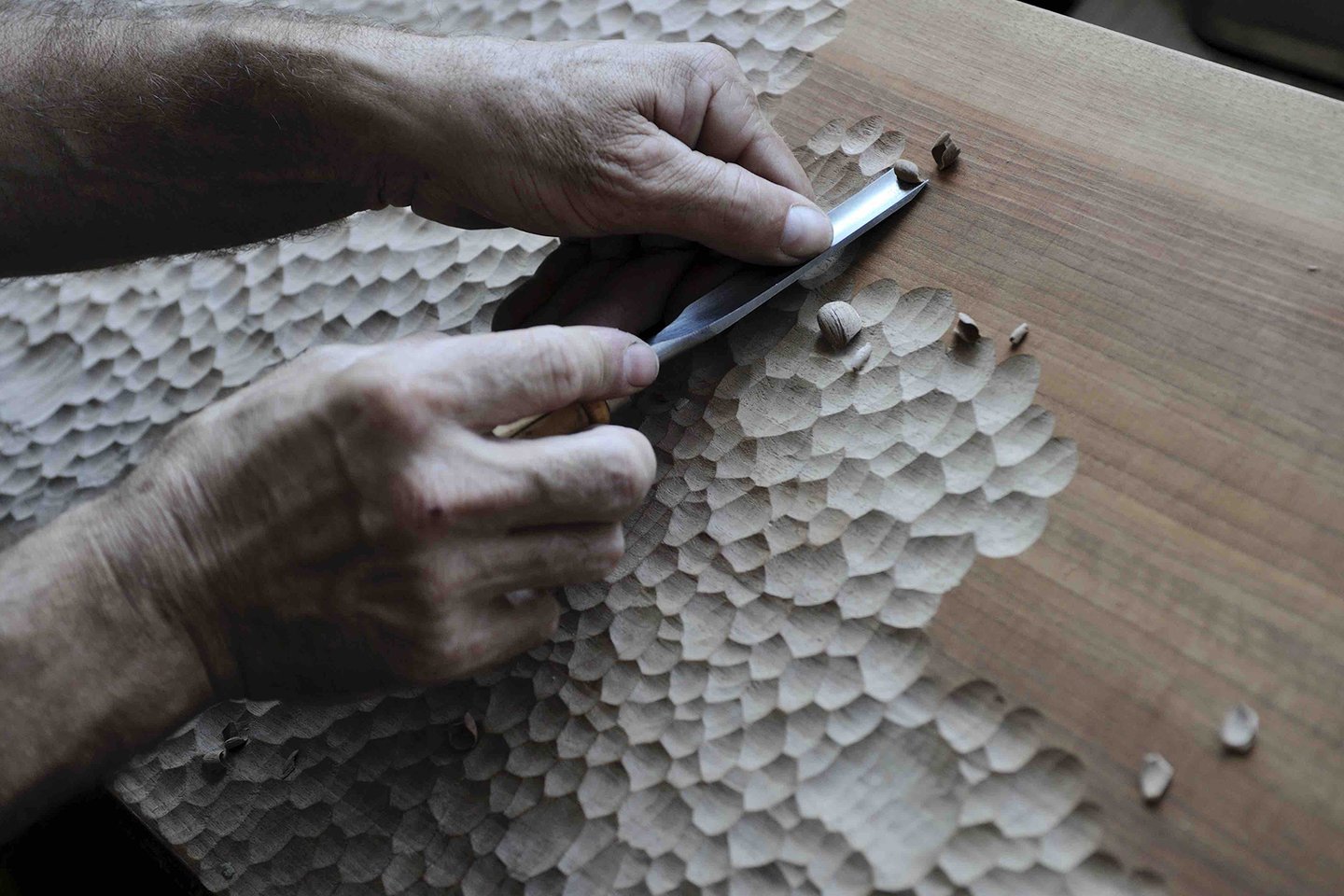
In 1995, Adem and Orhan’s father reopened the workshop under the name Rukotvorine – meaning handmade. When Orhan, an economist by training, decided to join the family business in 2016, he and Adem, an architect, developed a new vision for the company. They unite craftsmanship and traditional hand-carving techniques with contemporary design, while contributing to their local community.
The brothers renamed the business Zanat – ‘craft’ in Bosnian – and built a new production facility in Konjic, while turning their father’s workshop into a woodcarving museum and showroom. They moved away from traditional Ottoman-inspired patterns of the area, such as floral and grapevine motifs and geometric shapes, to work with contemporary designers on sculptural, tactile pieces.
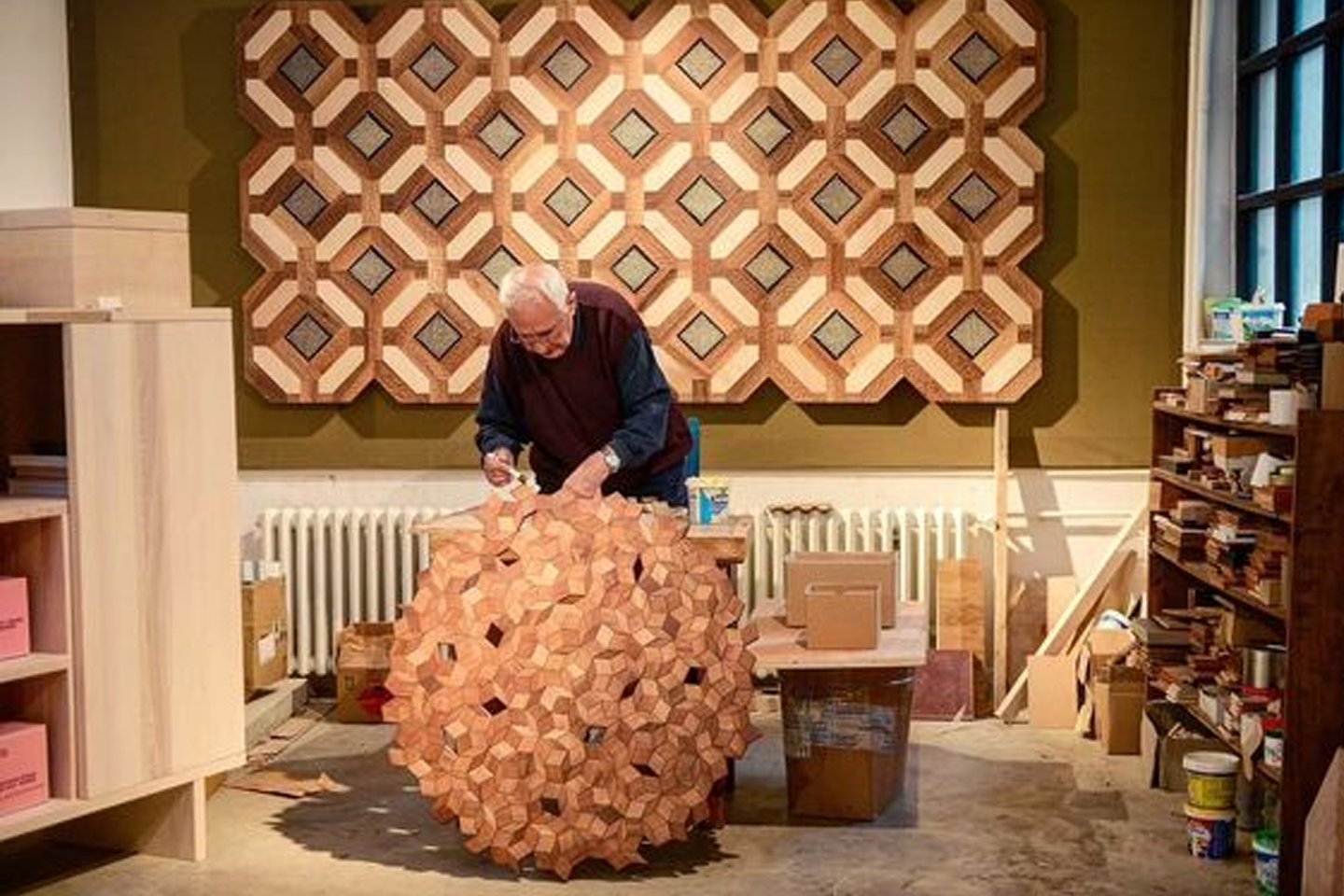
These include the Koba table by Jean-Marie Massaud, which also incorporates Zimbabwean granite stone, and his Kalia chaise longue, a refined and beautifully engineered piece with hand-carved edges and a leaf-like fish bone pattern on the wooden surface. The Sana chair, designed by Monica Förster, is made from maple and has a curved silhouette, enhanced by the hand-carved backrest which adds a depth of artisanship. Meanwhile, the Touch collection, created by Studioilse, features beautifully scalloped and stippled surfaces that are textural rather than patterned.
“We see tactility becoming more and more important because we live in a world that’s increasingly digital and virtual, and people crave it unconsciously."
Orhan Nikšić
“We see tactility becoming more and more important because we live in a world that’s increasingly digital and virtual, and people crave it unconsciously,” says Orhan. “The carving technique itself hasn’t changed and the tools have not changed in more than 100 years. But the expression is different. It’s less folkloristic and ornate, the carvings are now more abstract and textural.”
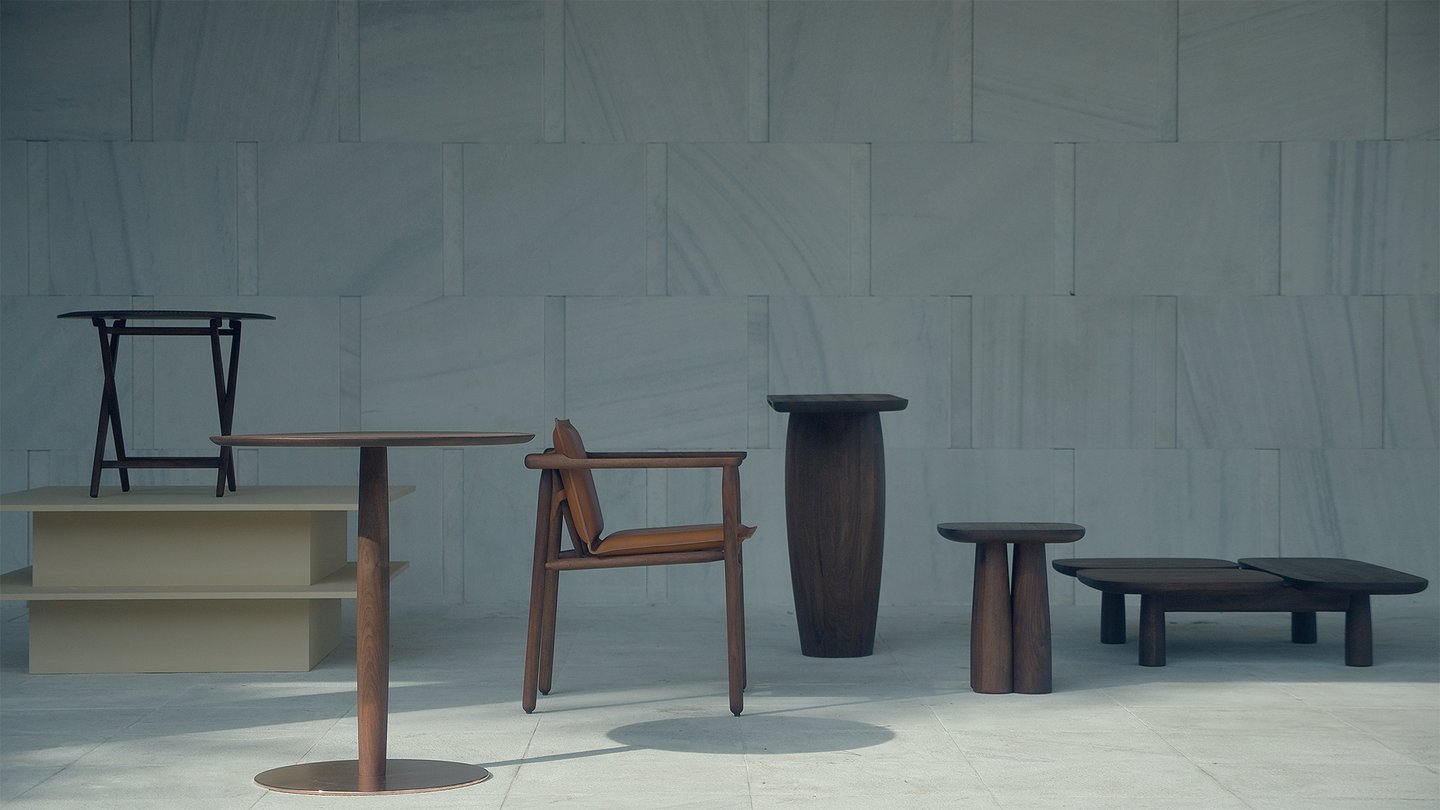
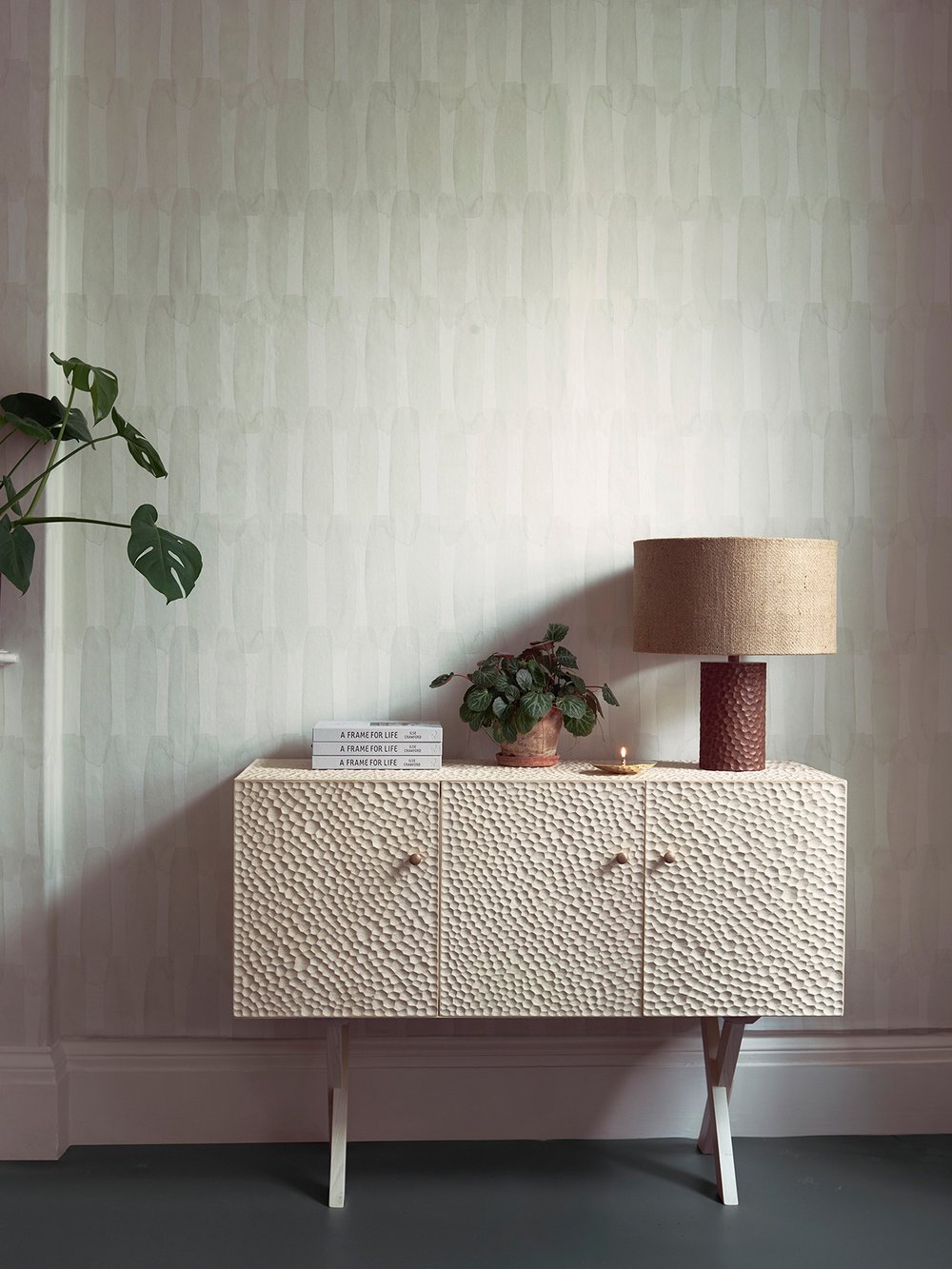
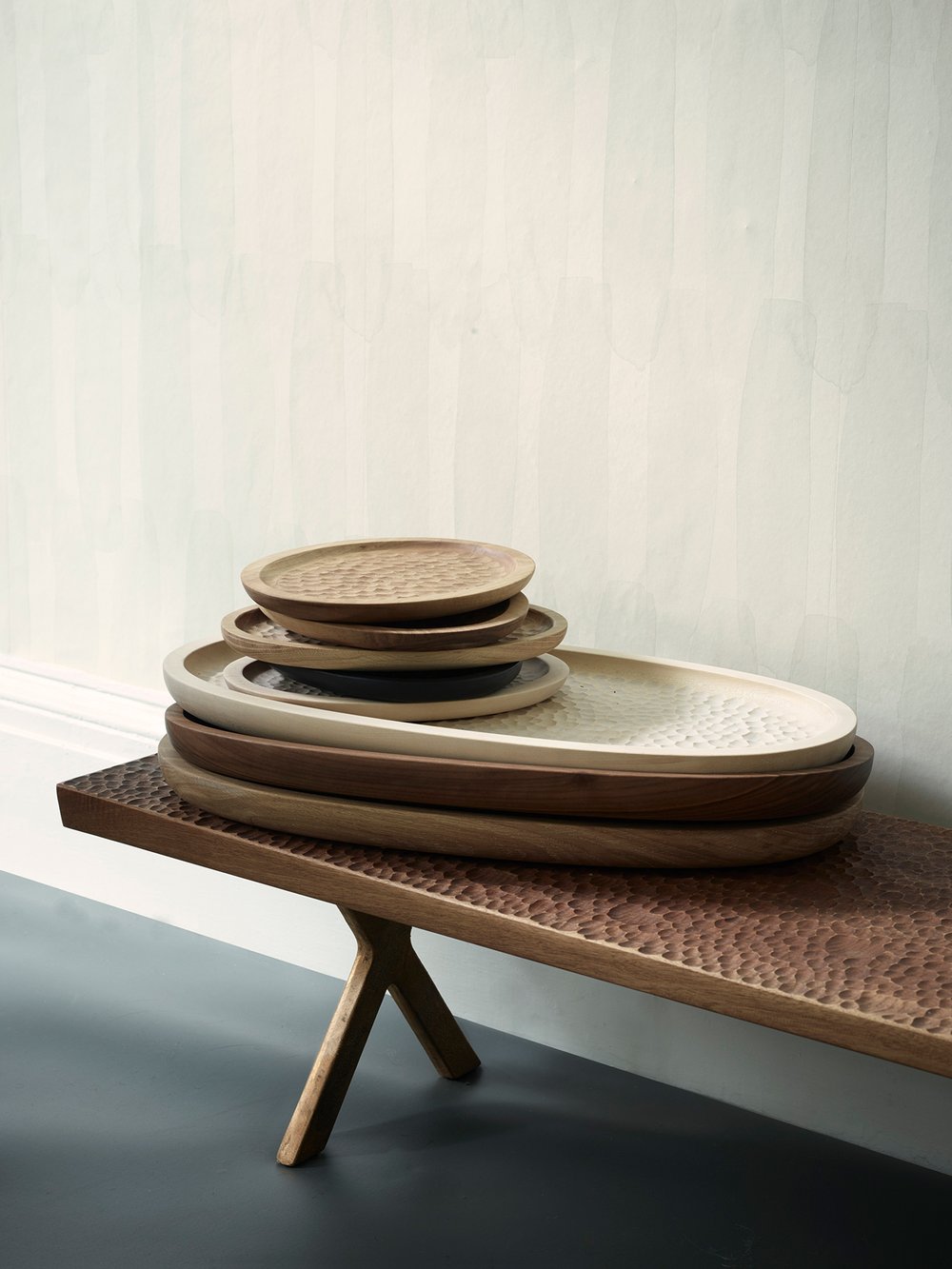
When Zanat first began, there were a handful of people employed at the workshop. Since then, the Nikšić family has trained 70 others in the art of traditional woodcarving and more young people are joining their ranks. The craftsmen either sketch new designs directly onto the wood, chiseling and cutting to bring them to life, or carve the pieces freehand. Since the details are done manually, no two pieces are the same. “They’re perfect in their imperfection,” as Orhan puts it.
Furniture pieces made and carved in the brothers’ grandfather’s workshop are now much-loved heirlooms, and part of the area’s collective identity. The company often receives requests to restore old pieces. Through Zanat, the brothers wished to preserve not only the area’s skills but to foster pride that craftsmanship can bring to the community. “By the time Bosnia recovered from the war in the 1990s, many had lost confidence and hope. Now, when people see that their products are finding customers all over the world, it brings dignity to people who are working as craftsmen,” explains Orhan.
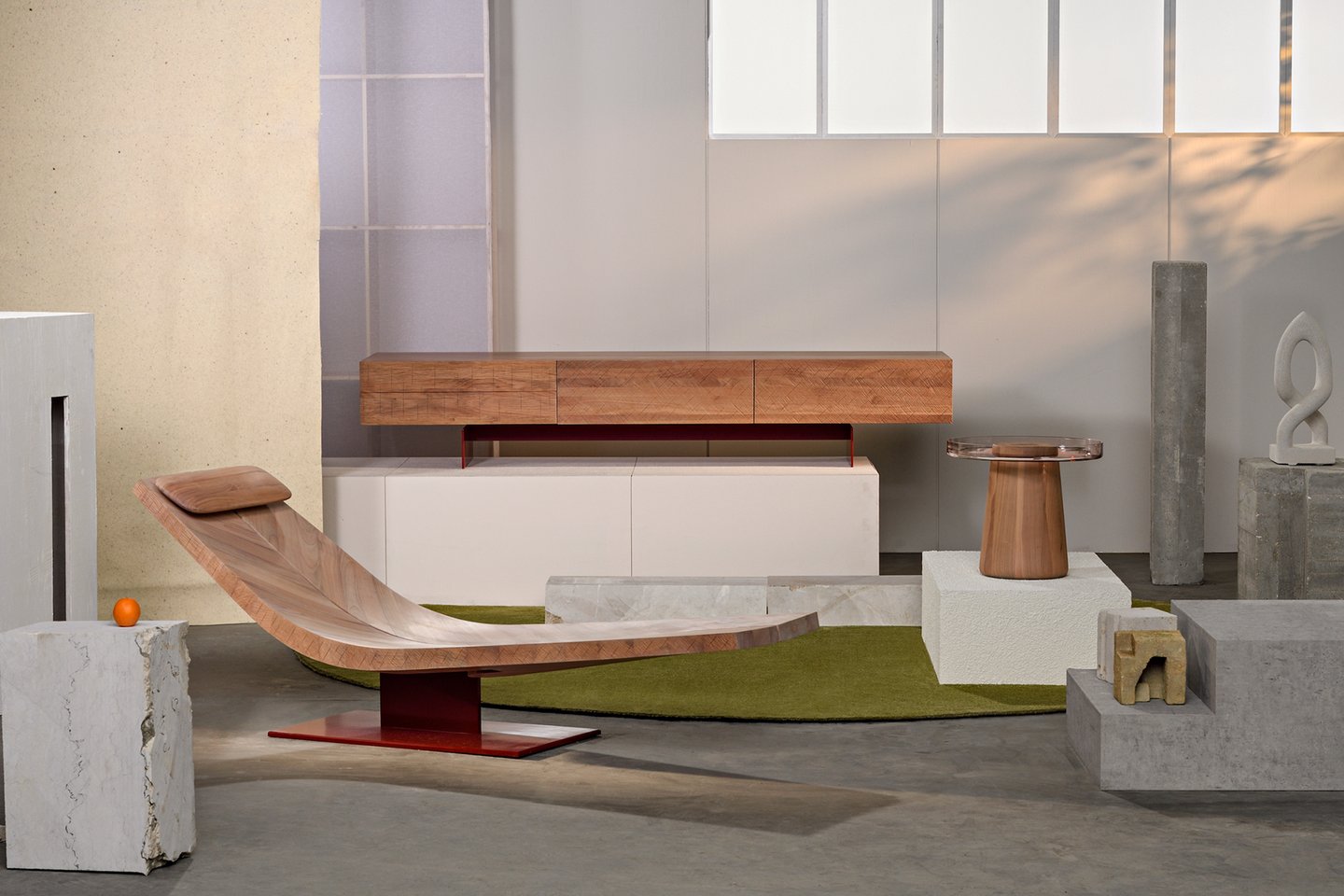
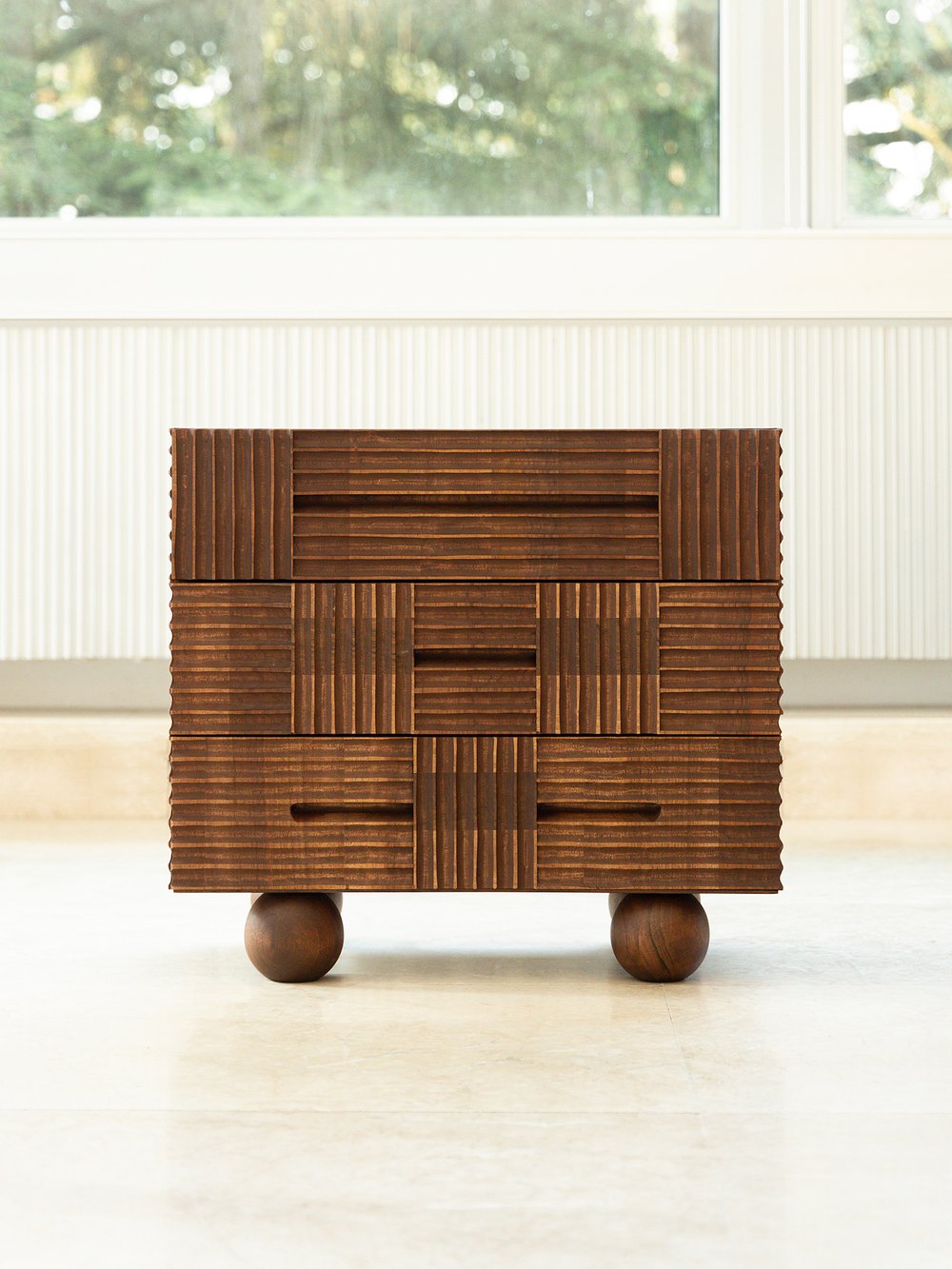
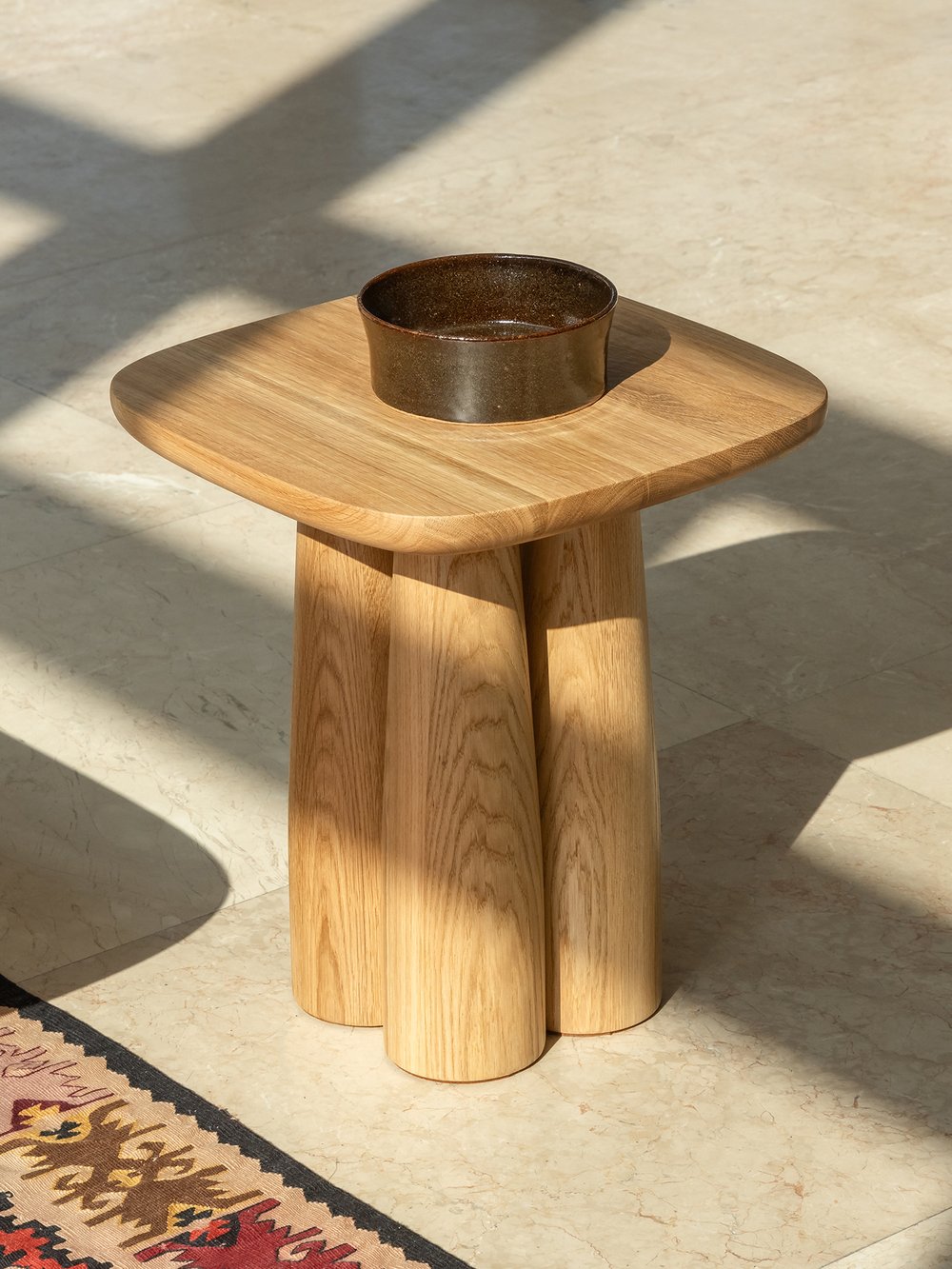
“When we started Zanat, many people asked, “Well, why not just modernize everything to make modern furniture?” We wanted to make products that are relevant today but without abandoning our traditions. We also recognize that, regardless of the fact that machines can do nearly everything, you can add value through fine craftsmanship.”
It’s thanks to their efforts to preserve this legacy and to promote the woodcarving techniques of Konjic that the craft was inscribed onto the UNESCO Representative List of Intangible Cultural Heritage of Humanity in 2018, meaning that UNESCO has identified this craft as an essential repository of cultural diversity and creative expression that is specific to this region.
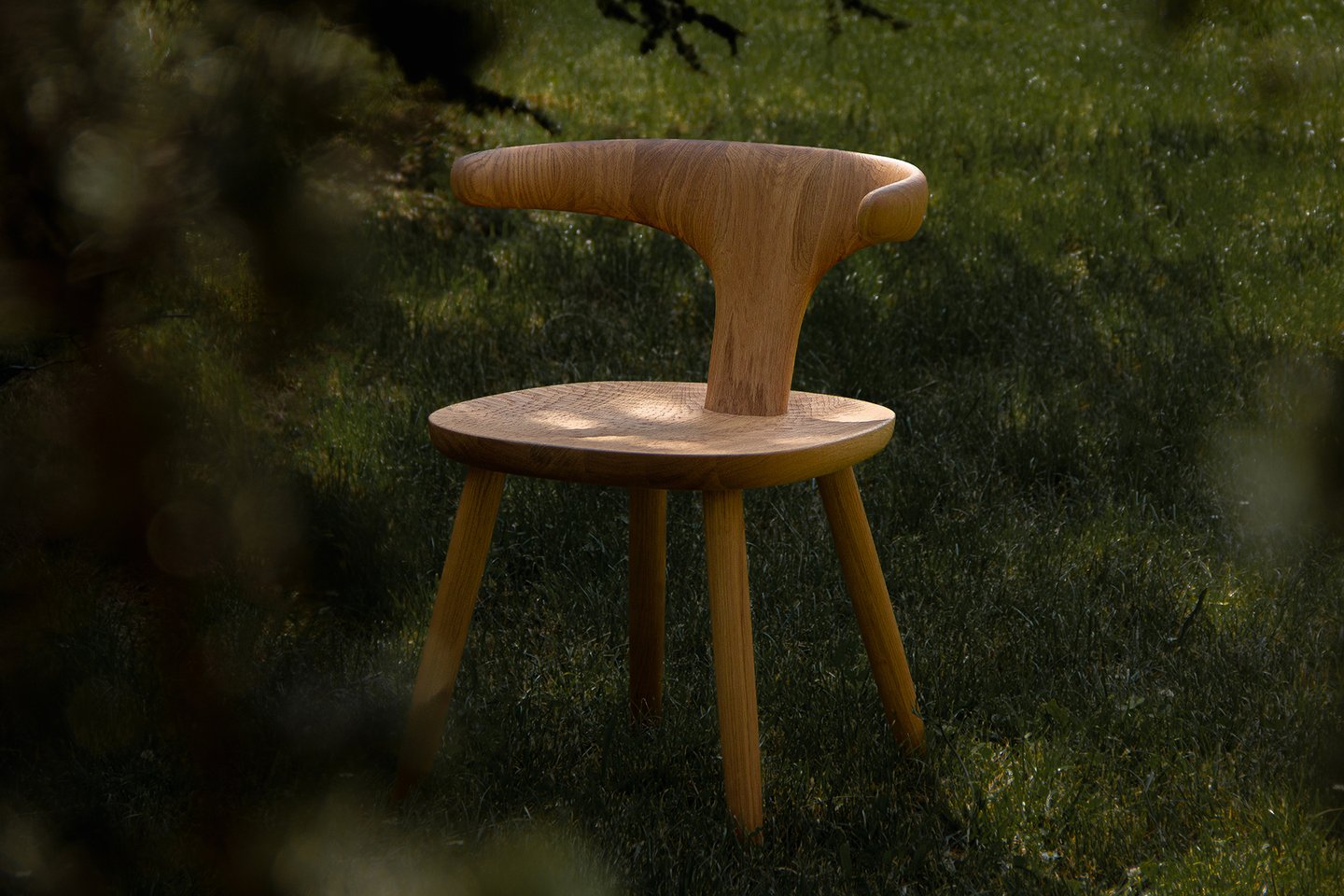
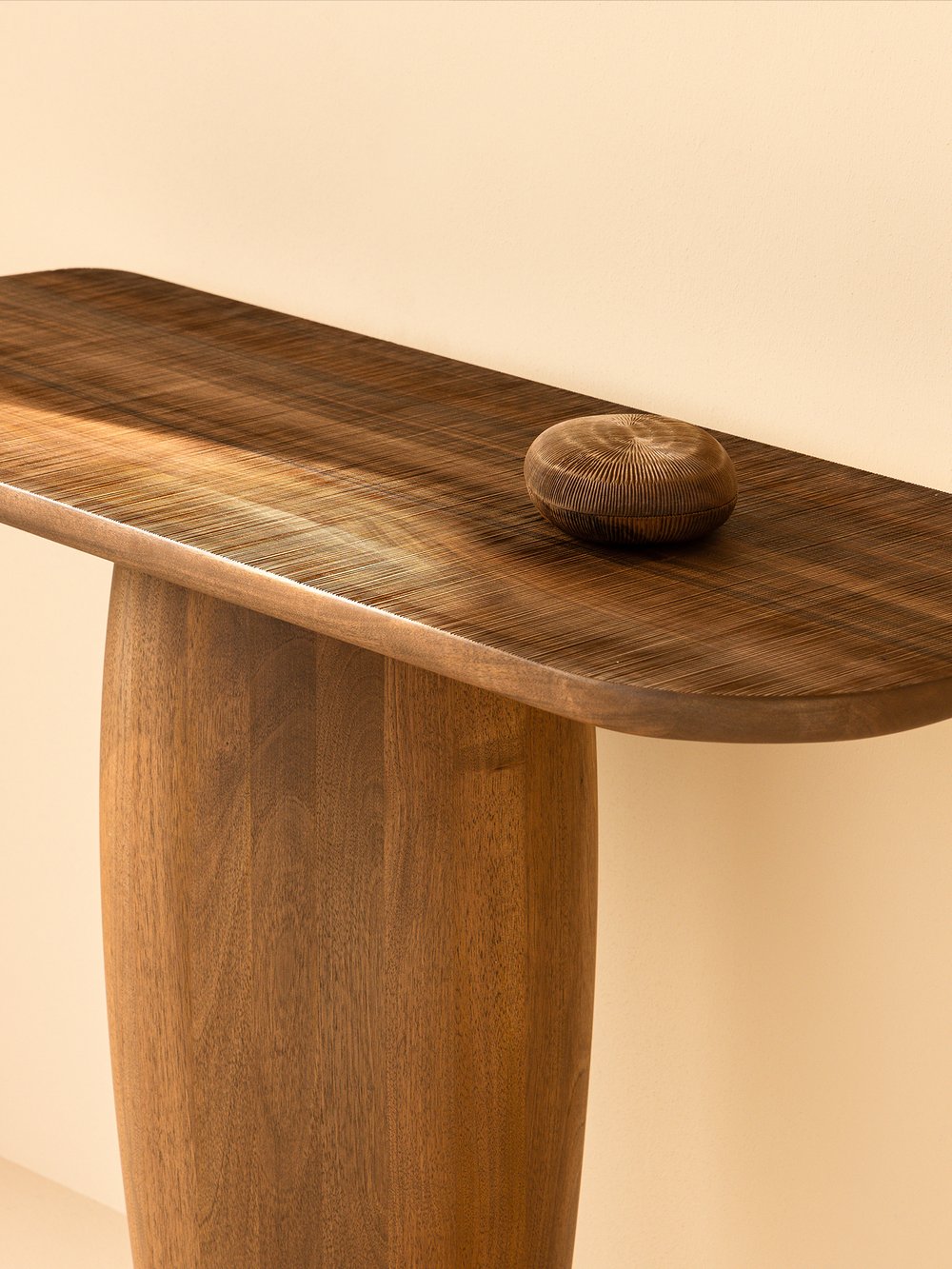
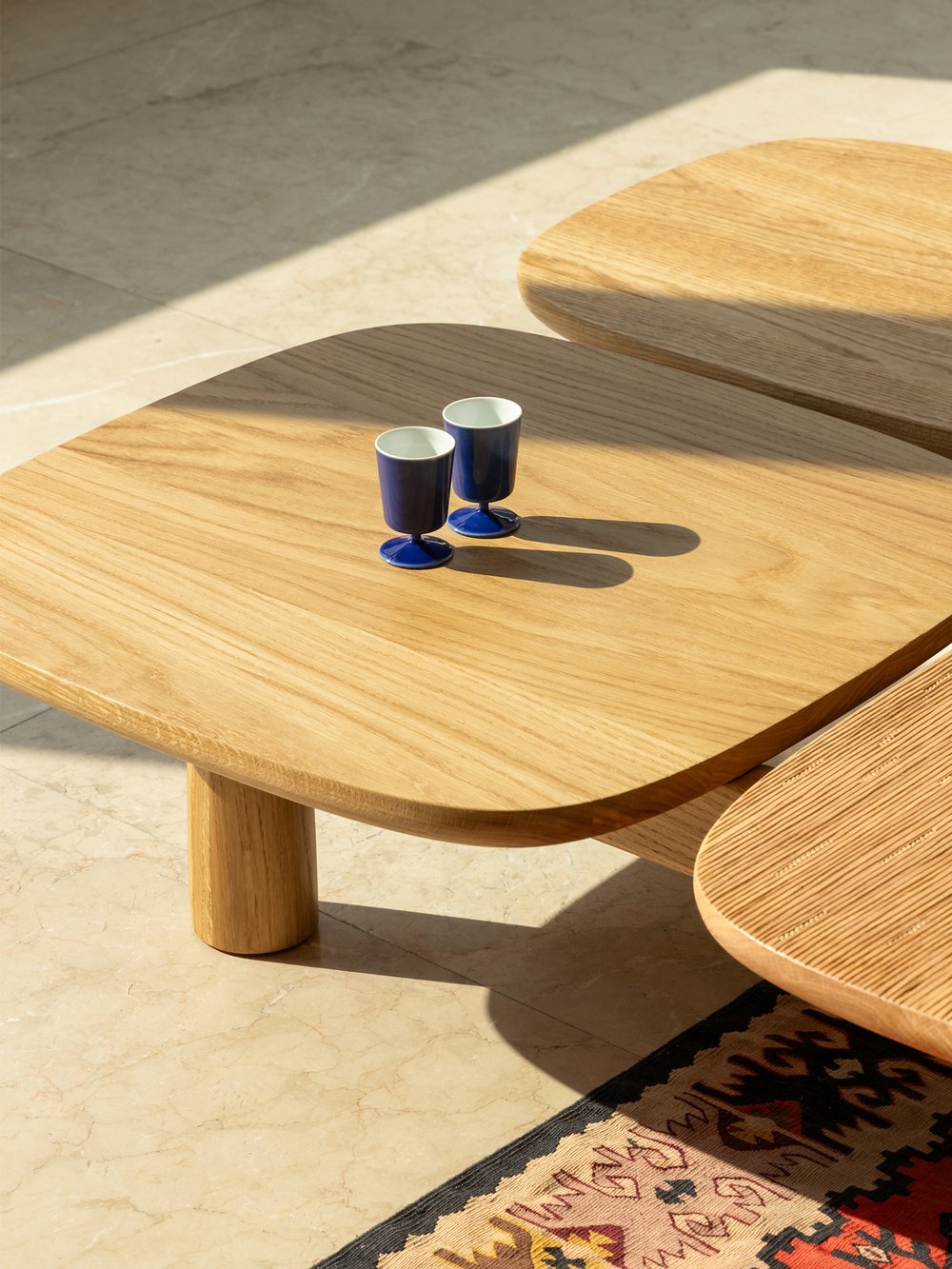
For Orhan and Adem, it was important to build a brand that was not only sustainable in terms of materials, but in how it conducts its business. Not only do they use local FSC-certified hardwoods, they also pay employees a fair wage and provide valuable training in a country that, until recently, was suffering from high records of unemployment. “We buy wood from sustainably managed forests, but we also buy much of our timber such as walnut and cherry logs from privately owned orchards,” says Orhan. The use of old fruit-bearing trees reduces the impact of logging on indigenous forests.
The brand also works to minimize waste during production. Offcuts are used to make accessories and pieces of furniture like the Ombra tables and scrap wood and sawdust are burnt to kiln-dry raw timber and heat the factory during winter. Fundamentally, it’s the pieces’ built-in longevity and heirloom quality that determines their low environmental impact. “We call this ‘universal sustainability’, meaning that we strive for all aspects of our company to be sustainable. It’s not just the impact on the environment, it’s the impact on the community,” says Orhan. “Our mission is to preserve craftsmanship as an important element of our cultural heritage and create sustainable and well-paying jobs.”
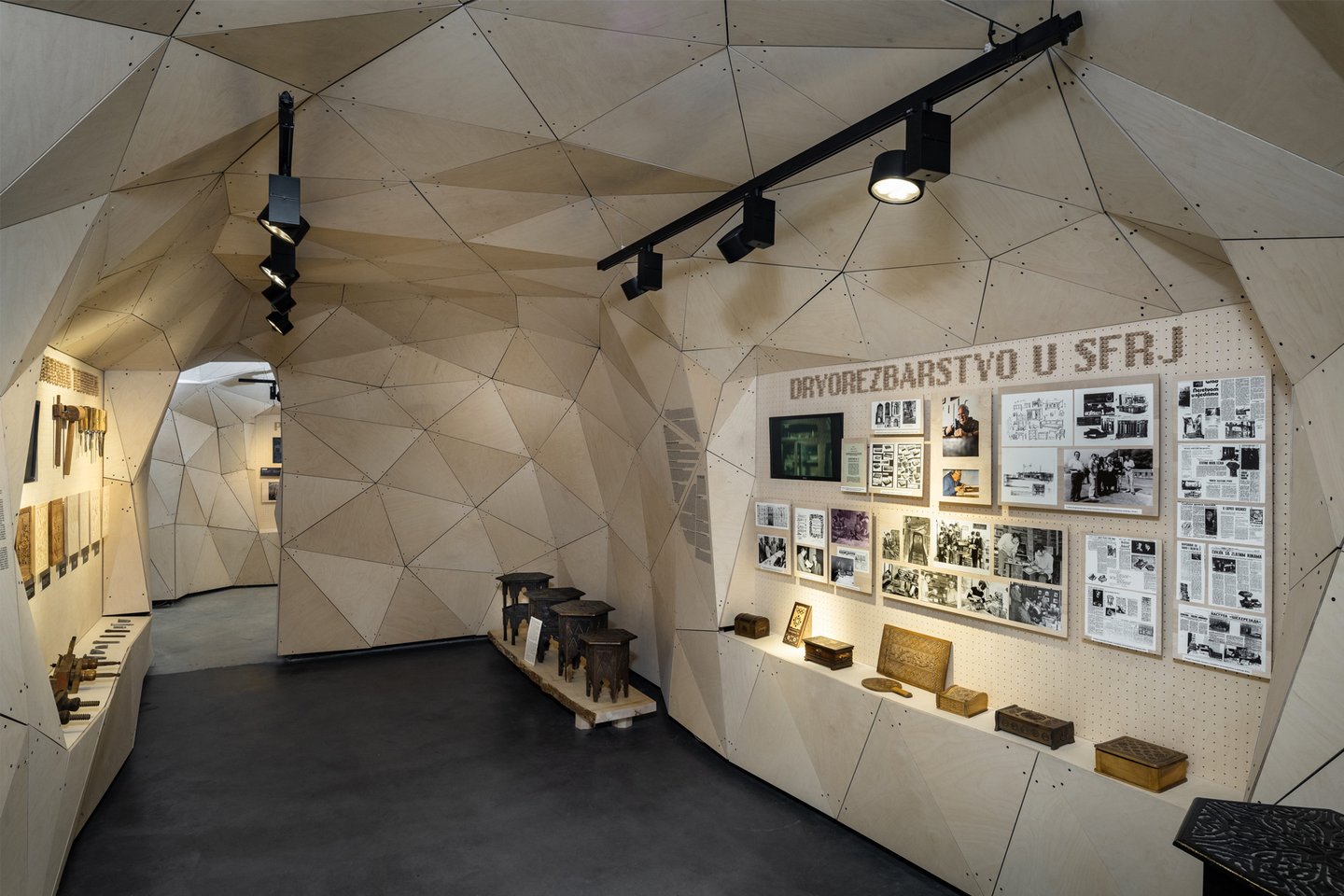
In 2019, Zanat opened its woodcarving museum in Konjic and the brothers have bought land in a nearby village to open a dedicated campus with a bigger production facility. They have also leased space in the National Gallery of Bosnia and Herzegovina in Sarajevo, which they are refurbishing into a concept store that will open in July. “Our aim,” adds Orhan, “is for Konjic to become known as the woodcarving capital of Europe.”
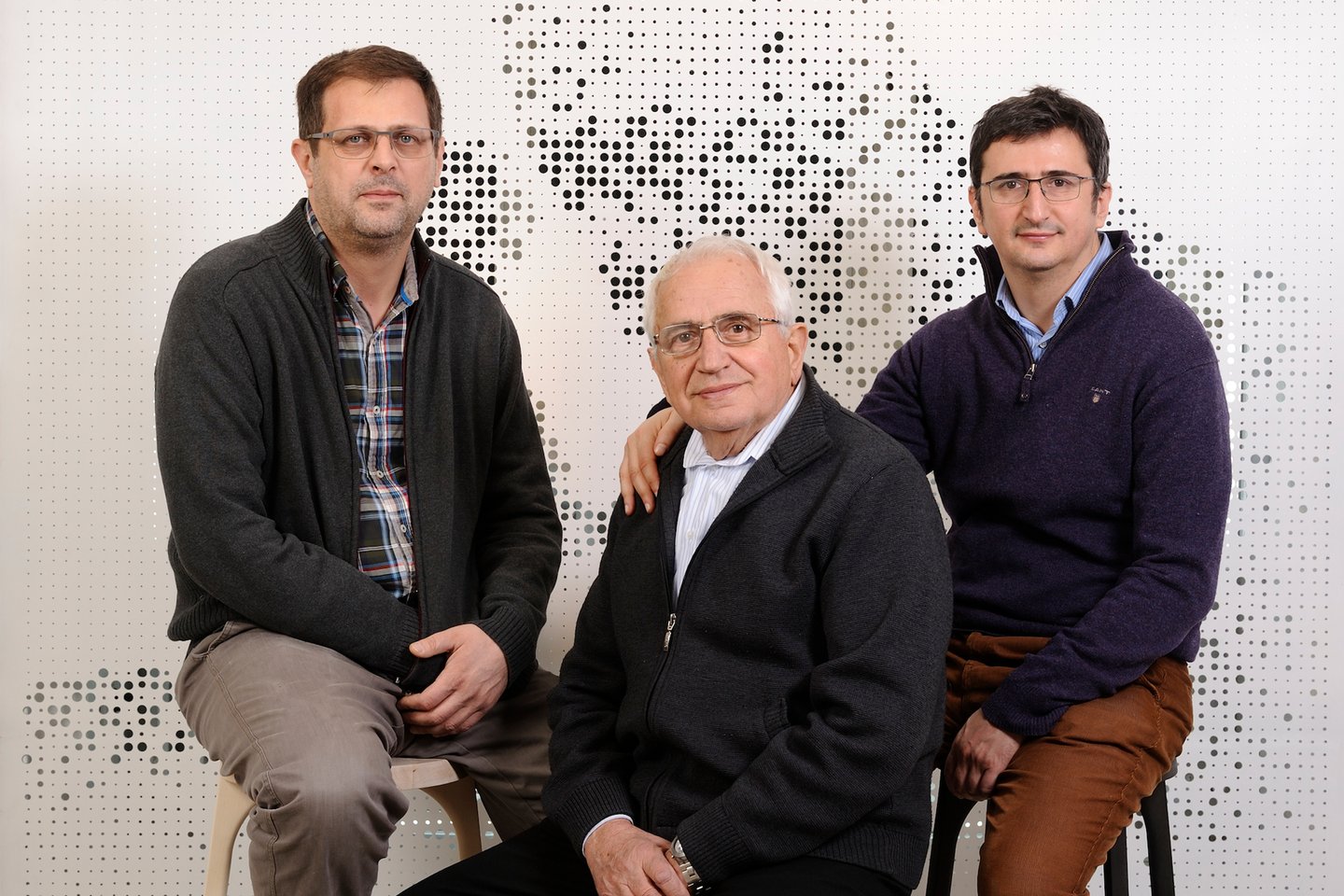
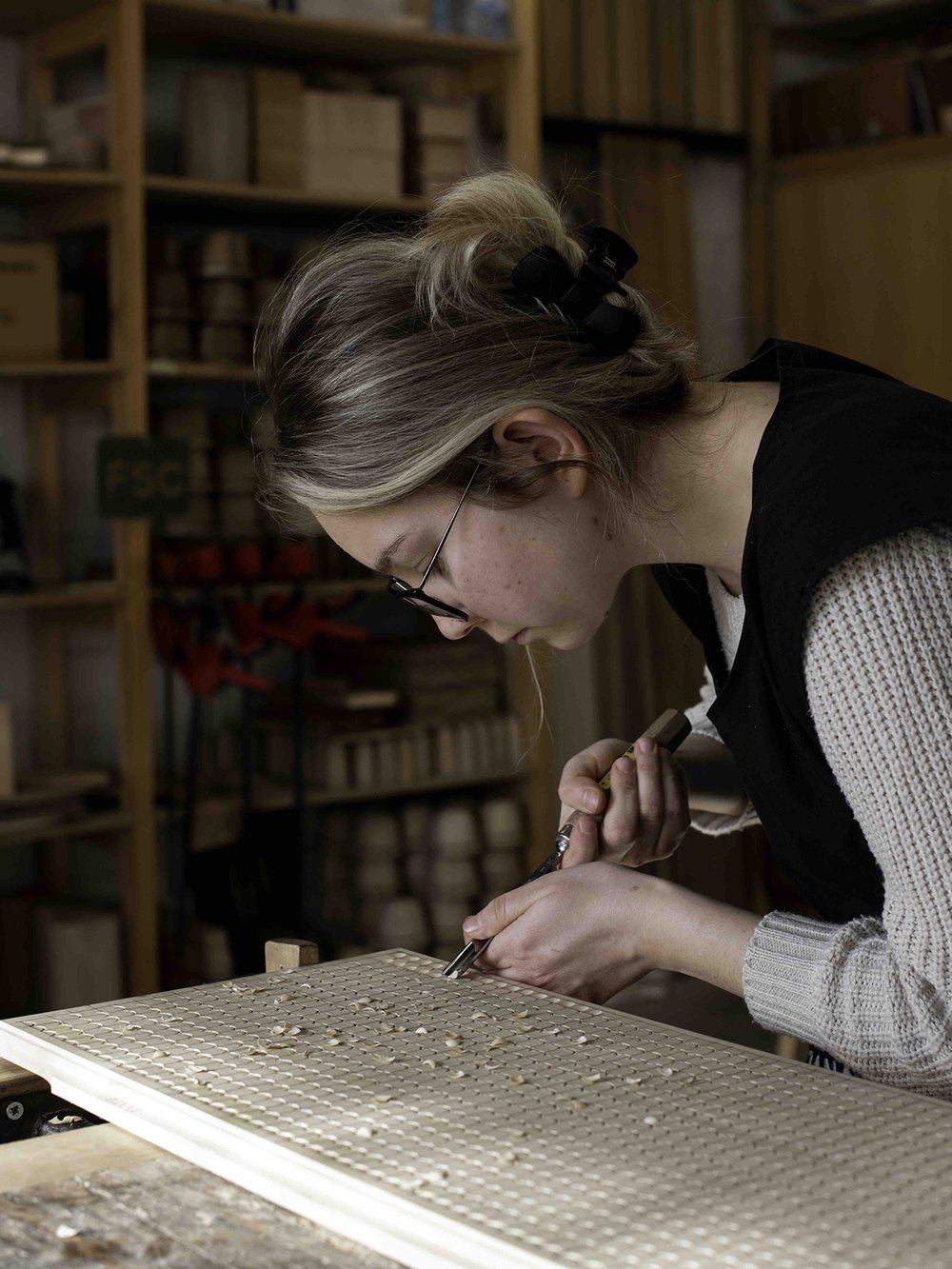
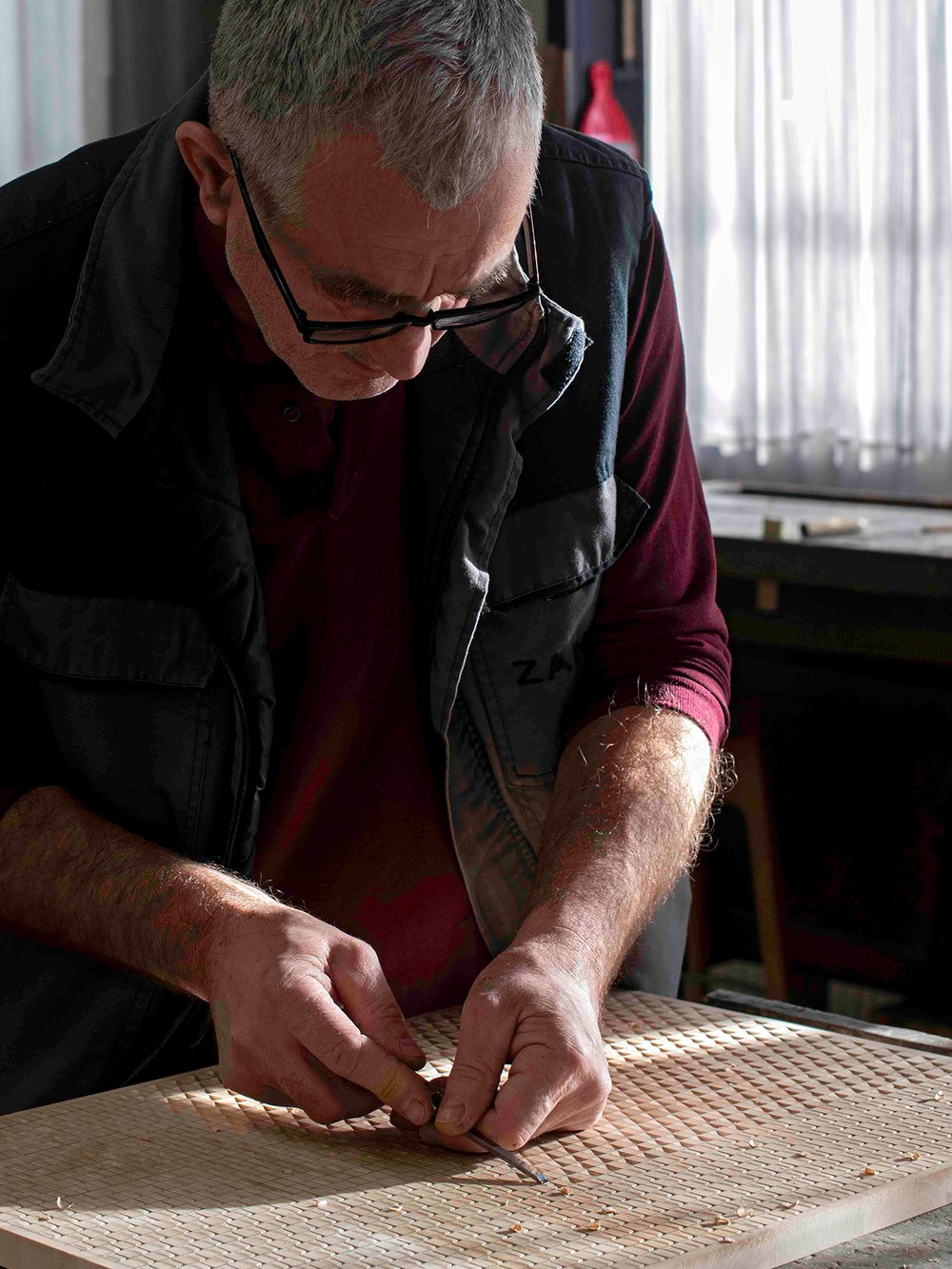
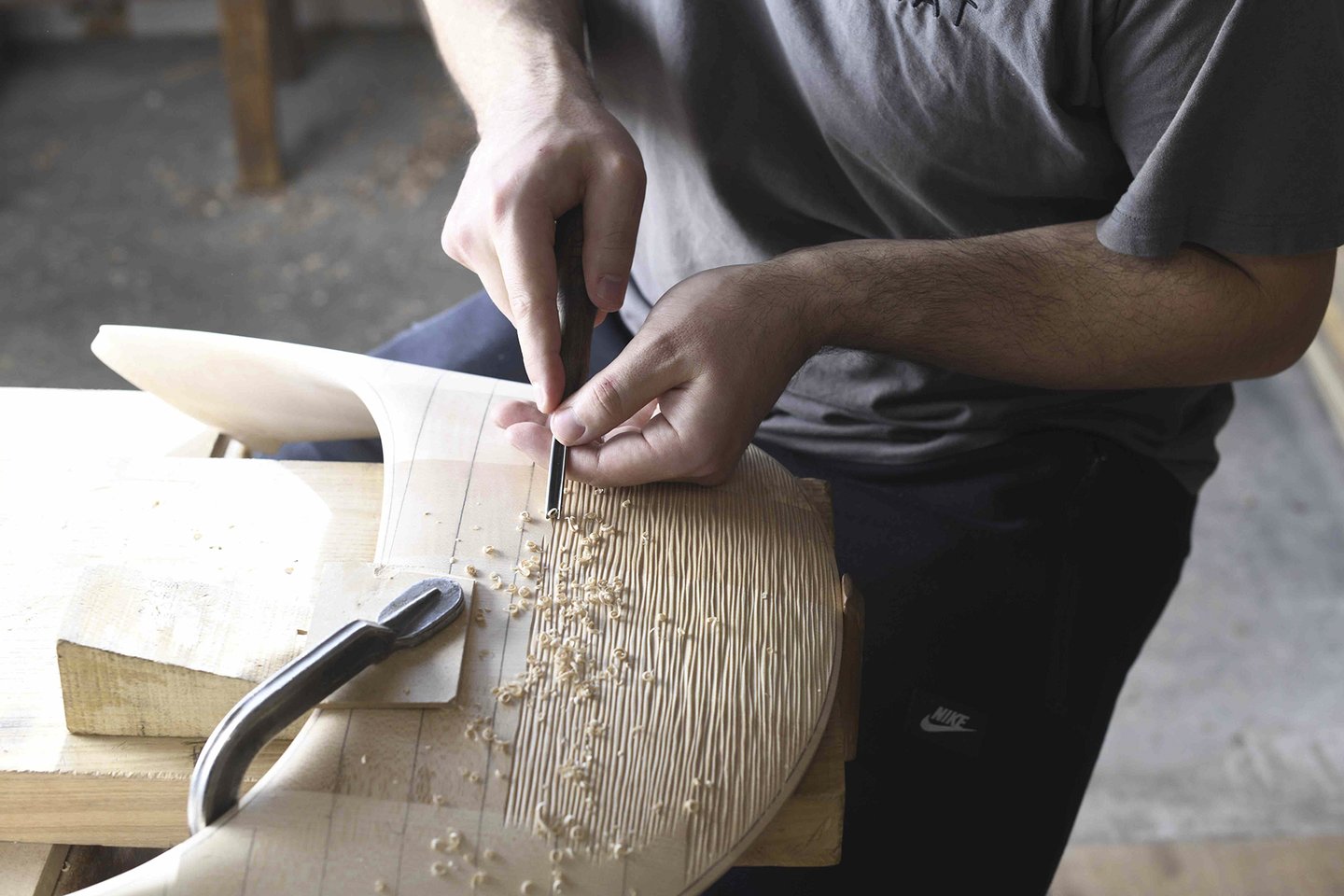
Feature Image: Divan Bed by Michele De Lucchi. Photo by Zanat
Photography: Zanat, Irfan Redzovic, Martyn Thompson
Further Info


4 min read
WLLW speaks with Vermont's Sawyer Made on blending traditional woodworking with craftsmanship in Windsor chairmaking.
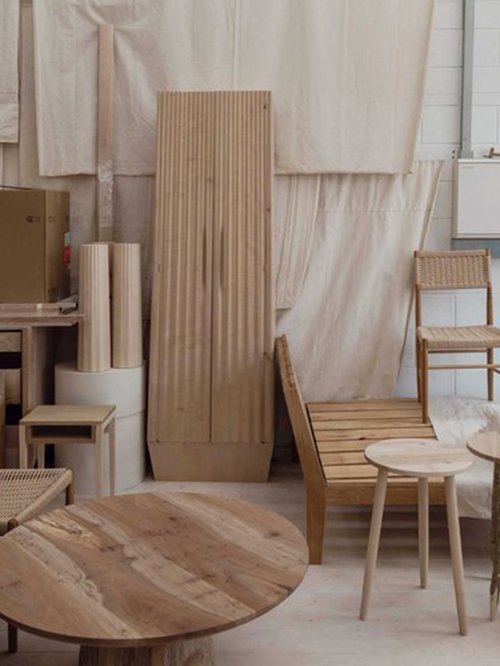
5 min read
On a recent trip to the UK, we had the chance to meet designer, craftsman and environmentalist Sebastian Cox, to learn more about his studio and have a tour of his workshop.